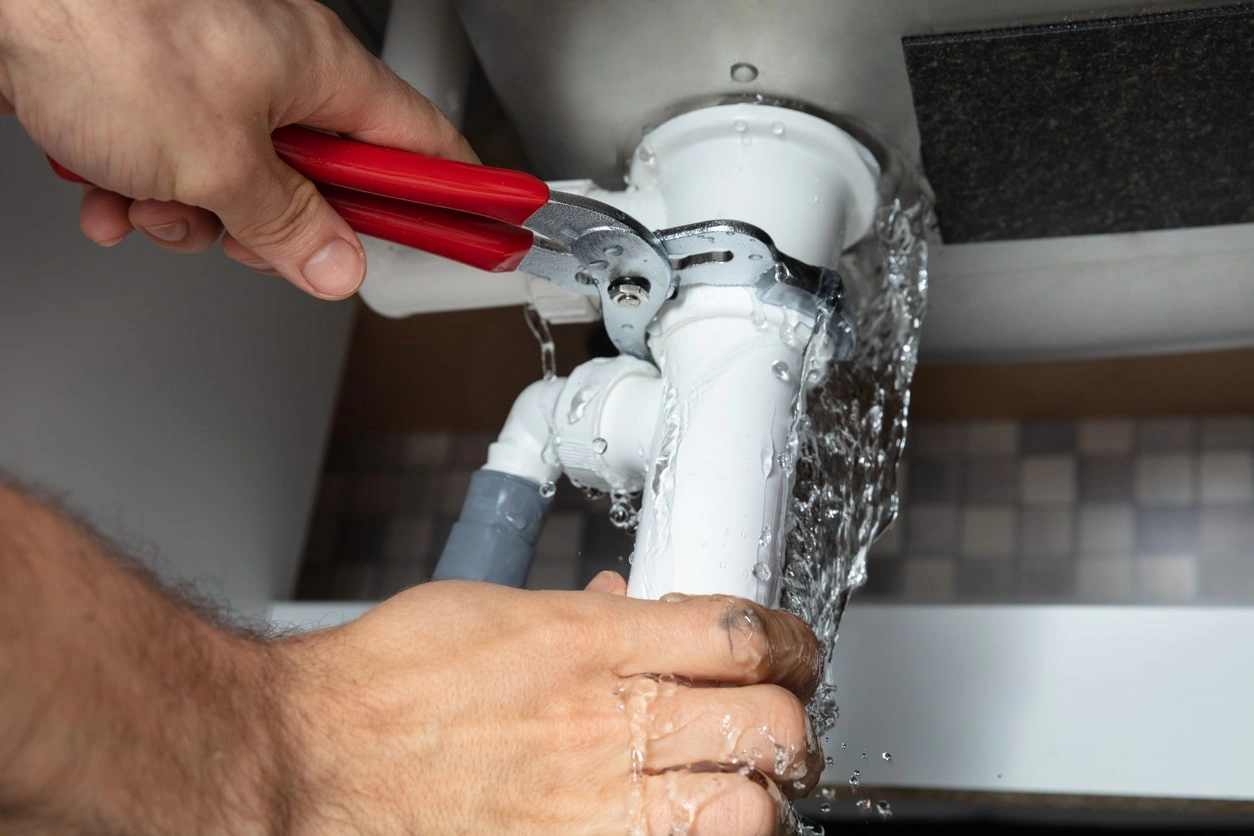In a world increasingly dominated by innovations and technology, the integration of a smart sensor for pipes in industrial systems has revolutionized how we approach pipe maintenance and water leak detection. The role of these sensors in the realm of Industry QA is both transformative and crucial, offering an unprecedented level of accuracy and reliability. These sensors are designed to meticulously monitor the conditions of pipes, ensuring the optimization of processes and preventing potential disasters.
The adoption of smart sensor technologies has been pivotal for industries aiming to maintain a competitive advantage. As organizations strive to achieve operational excellence, these advances in pipeline monitoring represent a significant evolution in safeguarding integrity and ensuring quality assurance within industries, mitigating risks associated with unforeseen leaks and disruptions.

Why Smart Sensors Are a Game Changer in QA
The principle advantage of a smart sensor for pipes is its ability to provide real-time data. This characteristic alone can dramatically enhance the QA processes within industrial operations by offering up-to-the-second insights into the current state of pipe networks. By integrating such technology, industries can digitally transform their operations, stepping into an era of proactive solutions rather than reactive measures.
Such technologies have proven their mettle by offering automated alerts for leak detection and pipe integrity issues. This not only cuts down on operational downtimes but also contributes to significant savings in repair costs. As seen in the [Drip X Home Plumbing Leak Monitor](https://dripx.io/blogs/our-insights/home-plumbing-leak-monitor), advanced systems integrated with smart technology act as a comprehensive guard against potential water waste and pipe failures.
Features and Benefits of Smart Sensor Integration
Smart sensors are sophisticated devices, equipped with capabilities that ensure the accuracy and reliability of data transmission. These smart features include:
- Real-time Monitoring: Continuous supervision of the pipes condition, detecting changes such as temperature fluctuations and pressure variations which may lead to pipe failure.
- Automated Alerts: Providing immediate notifications through connected devicessuch as smartphoneswhenever deviations occur beyond threshold limits.
- Data Analytics: Accumulating vast volumes of information which can be subjected to in-depth analysis to predict future failures and improve standard operating procedures.
The benefits extend beyond mere efficiency. Companies employing these technologies find themselves achieving greater returns on their investments due to decreased incidences of pipe damages and enhanced life spans of their infrastructure. Resources like the [Whole House Water Leak Detection](https://dripx.io/blogs/our-insights/whole-house-water-leak-detection) guide demonstrate the compelling advantages of adopting these intelligent systems.

The Future of Industry QA with Smart Sensors
As industries worldwide pivot towards smarter technologies, the demand for reliable smart sensors for pipes will undoubtedly soar. The enhancements they offer are not limited to leak detection but span across numerous operational efficiencies. This trajectory signals that the future of Industry QA lies in the ability to adapt and integrate such innovations adaptively.
Moreover, an insightful guide by [Fresh Water Systems](https://www.freshwatersystems.com/blogs/blog/leak-detection-systems) highlights how these systems can protect substantial investments in infrastructure and eliminate the possibility of costly downtimes. Such insights provide a comprehensive understanding of the power and potential of these intelligent systems, emphasizing why their integration is essential for modern industries.
Challenges and Considerations
While the benefits of smart sensors are substantial, their implementation is not without its challenges. For industries to fully harness the potential of these technologies, several considerations must be addressed:
- Integration Costs: Initial setup and equipment costs can be significant, based on the scale and specificity of the systems required.
- Data Security: The rise in cyber threats necessitates rigorous security frameworks to protect sensitive data collected and processed by these sensors.
- Training and Adoption: Employees must be adequately trained to interpret and utilize the data provided by smart sensors effectively.
By overcoming these challenges, industries can leverage innovations such as those discussed in the [Thermal Imaging Leak Detector](https://dripx.io/blogs/our-insights/thermal-imaging-leak-detector) article, which further underscores the balance of thermal efficiency and sensor technology in identifying leakages.
FAQ
-
How do smart sensors for pipes work?
Smart sensors employ a combination of technologies to monitor and report on pipe conditions in real-time. They use integrated systems to detect pressure and temperature deviations, offering automated alerts when abnormalities are detected to prevent leaks and damages.
-
What industries benefit most from smart sensors?
All sectors that rely heavily on pipe networks can benefit, ranging from oil and gas to water utilities and manufacturing. Each industry can customize sensor technologies to fit their specific QA needs.
-
Are smart sensors difficult to maintain?
Smart sensors are designed for minimal maintenance. Once integrated, regular checks and updates, which are often automated, ensure continued performance and reliability.
The adoption and integration of a smart sensor for pipes have unequivocally paved the way for transformative Quality Assurance in industries worldwide. Equipped with advanced capabilities, these sensors provide real-time insights and preventive measures that significantly uplift industry operations. As a dedicated professional in Industry QA, understanding and leveraging such technologies is integral to fostering resilient and efficient operational environments.
Explore [Pet Safe Water Leak Detector](https://dripx.io/blogs/our-insights/pet-safe-water-leak-detector) for insights into safeguarding homes from accidental leaks, reflecting the pervasive applicability and utility of smart sensor systems beyond industrial confines.






